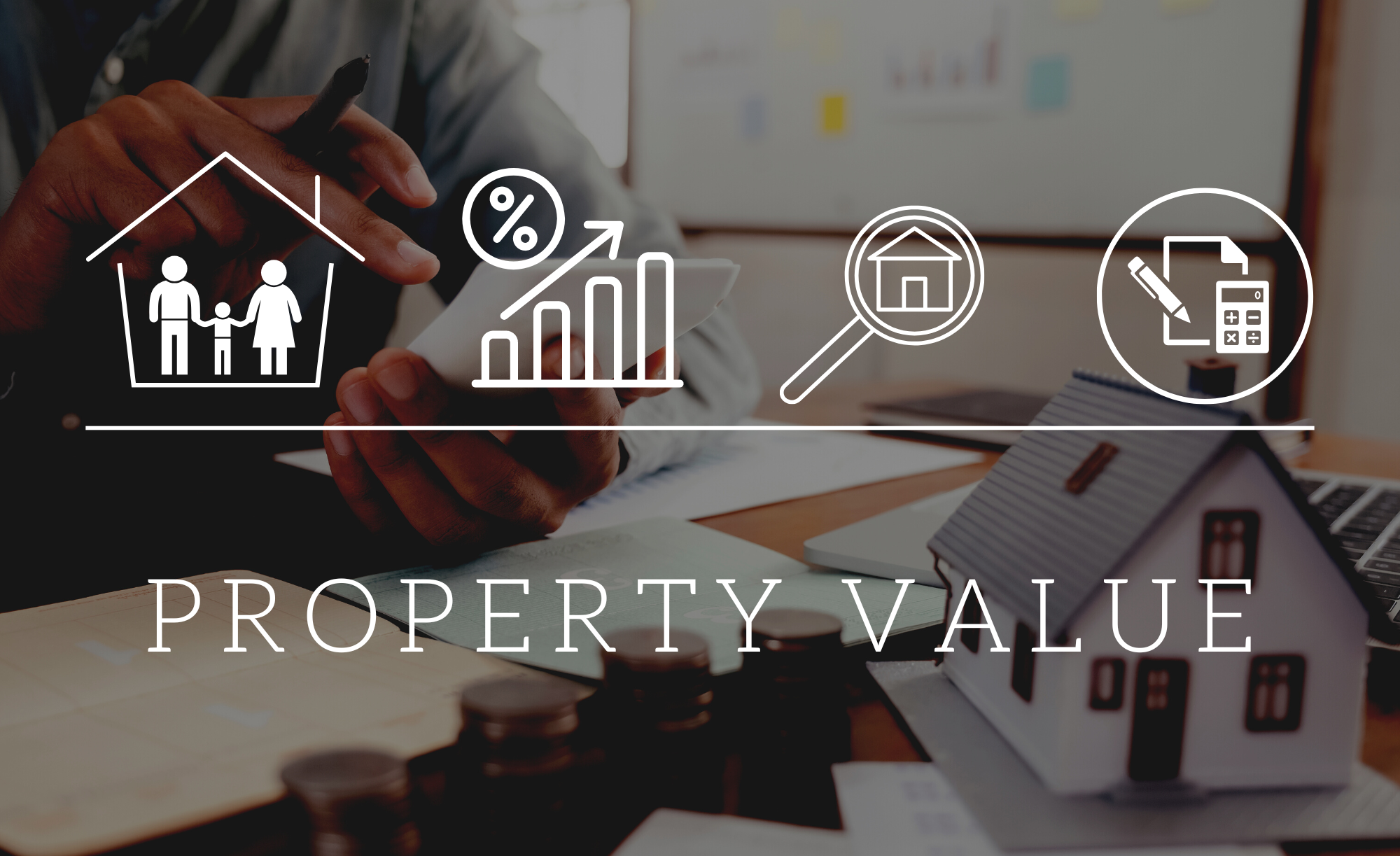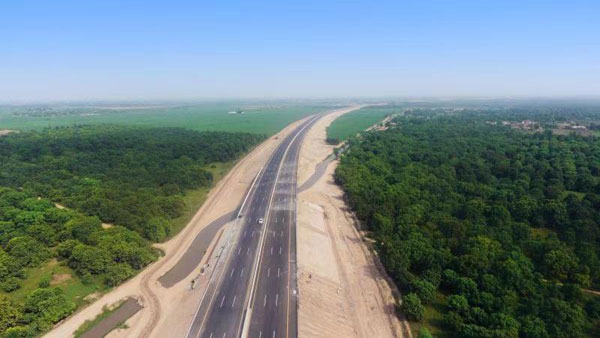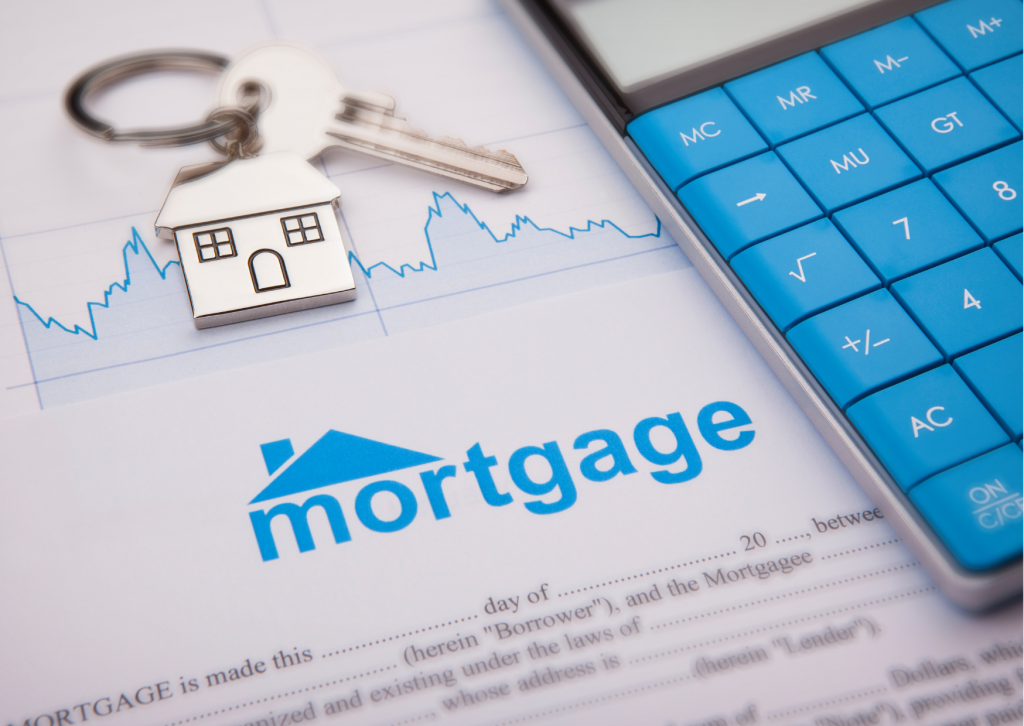Blog
Factors that Influence the Value of Your Property

Often, homeowners attribute the value of a property to physical characteristics, but this is just one component of the value of a property. Therefore, it is important to engage certified property valuers to undertake a thorough assessment of your property to determine the value of your property. The value of a property is influenced by so many factors. These include the location of the property, legal issues, economic conditions (national and local levels), infrastructure, physical features of the property, and neighbourhood amenities among others.
The following major determinants of values are explained below:
- Location
A magnificent house in an unpleasant location can result in low value estimates of a property. This is why real estate professionals emphasize the importance of location in a popular catchphrase; “location location location”. Location is a key property value determinant because many of the other factors such as traffic situation, community amenities, and accessibility to property are linked to the location of a property. Also, the nature of land is linked to the location of the property, among other things.
- Legal Issues
The legal interest of a property refers to information on ownership. Legal issues such as the nature of interest and the number of years subsisting on the land are duly considered in determining the value of a property. The tenure has a significant impact on the value of the property as well as other factors such as the existence of an encumbrance on the land.
- Economic Factors
Economic factors also play an important role in determining the value of a property. At macro levels, economic factors such as inflation significantly influence the value of a property. When inflation is high, the amount of money spent on other commodities increases significantly, leading to less disposable income to be spent on real estate. This reduces the demand for real estate and would eventually lead to a reduction in the value of property. Again, as inflation takes an upward trend, prices of building materials increase significantly, spurring rapid increases in property values to a level beyond what the majority of individuals can afford.
Also, for the local economy of any given area, factors such as unemployment rate in the local area have a significant influence on the value of properties.
- Infrastructure
Both individual home buyers, firms and investors are willing to pay more for a property if there is significant infrastructural development in the area where the property is located. The provision of infrastructure such as good roads, railway networks, telecommunication facilities, waste disposal systems, among others enhances the use of property in any given locality. In view of this, infrastructure plays a significant role in determining the value of a property.
- Neighbourhood Amenities
The availability of communal amenities such as utility supply (water, electricity and telecommunication connectivity), healthcare facilities, schools, leisure facilities, convenience shops and public transport influence the value of properties. This is because the availability of these services increase the demand for real estate which eventually impacts the value of the property at any given point in time.
- Physical Features
Despite the importance of the above factors, physical features impact the value of a property. These include the size of the property, the number of units/floors, elements of construction for the various parts of the building, the quality of finishes, extra facilities such as swimming pools, playgrounds, gymnasiums, summer huts, security posts, utility connection, among others.
Author: Makafui Kuffo








